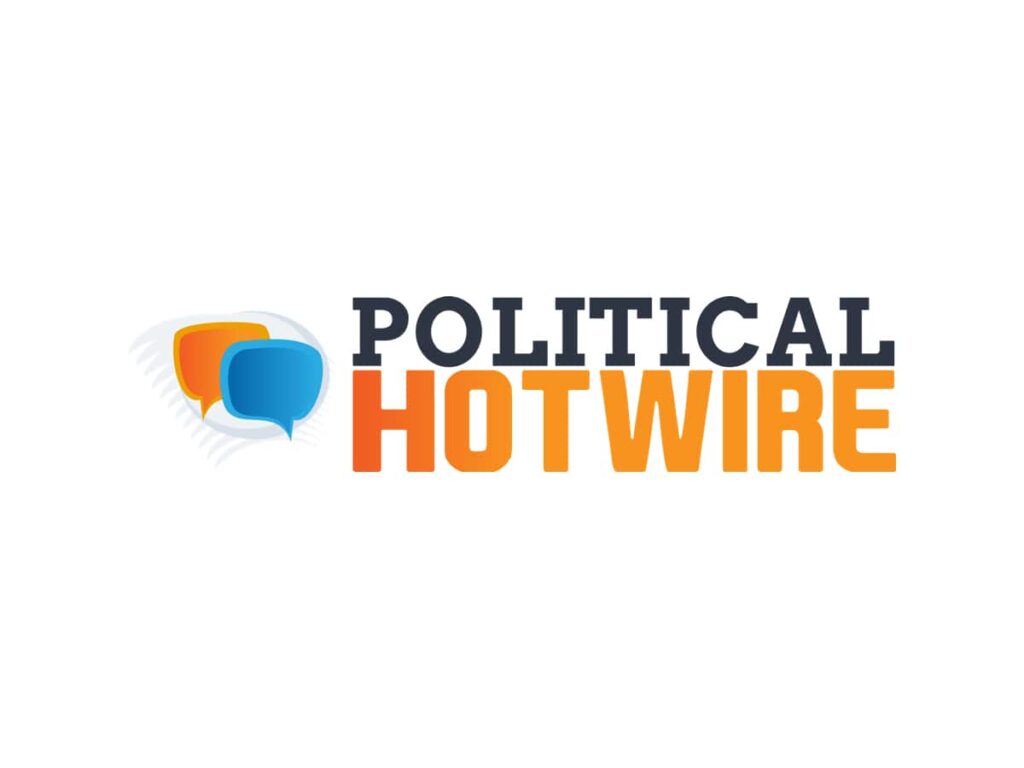Political Hotwire – Navigate Debates Confidently!
In politics, there are some topics that everyone talks about and argues over a lot. We call these topics the “political hotwire.” They’re the things that make people passionate, make them take sides, and change how everyone talks about politics.
A “political hotwire” refers to highly controversial and emotionally charged political topics that ignite intense debates and divisions among people.
Step into the electrifying world of politics where every opinion sparks a fire – welcome to the realm of the political hotwire.
Table of Contents:
Understanding The Political Hotwire – Navigate Political Debates Confidently!
The term “political hotwire” encapsulates issues and topics that generate intense emotions, provoke heated debates, and often defy easy resolutions. These issues span various domains, including social, economic, environmental, and foreign policy.
What distinguishes a topic as part of the political hotwire is its ability to capture widespread attention, mobilize diverse constituencies, and exert significant influence on the political agenda.

One of the characterizing highlights of the political hotwire is its ease – subjects that might have been somewhat lethargic can, out of nowhere, flood to unmistakable quality because of a setting off occasion, a change in general assessment, or an adjustment of the political scene.
For example, issues such as immigration, gun control, and climate change have experienced intense periods of intense focus, driven by factors ranging from high-profile incidents to grassroots movements and political campaigns.
Factors Contributing To The Heating Of The Political Wire – Understand Political Tension!
1. Polarization:
The increasing divide between political ideologies deepens differences and makes compromise elusive. With fewer people occupying the middle ground, extreme viewpoints become more prevalent, exacerbating tensions and hindering cooperation.
2. Media Influence:
The role of traditional media outlets and social media platforms cannot be overstated in shaping the political landscape.
News organizations often prioritize sensationalism and conflict, amplifying certain viewpoints while marginalizing others. Similarly, social media algorithms create echo chambers, reinforcing existing beliefs and polarizing discourse.
3. Populist Movements:
The rise of populist leaders and movements has injected new energy into political discourse. Populist leaders often capitalize on public frustration with the status quo, offering simple solutions to complex problems.
Their charismatic appeal and ability to mobilize disaffected population segments contribute to the polarization and intensification of political debates.
4. Triggering Events:
Certain events, such as natural disasters, terrorist attacks, or high-profile scandals, can thrust specific issues into the spotlight and galvanize public opinion. These events catalyze political action, prompting policymakers and the public to reevaluate their positions and priorities.
5. Socioeconomic Factors:
Economic inequality, cultural shifts, and demographic changes all shape the political climate. Disparities in wealth and opportunity can fuel resentment and social unrest, while demographic shifts can lead to changes in political power dynamics.
Cultural factors, such as changing attitudes toward race, gender, and identity, also influence the issues that dominate political discourse.
6. Globalization and Technological Advancements:
The interconnected nature of the modern world, facilitated by globalization and technological advancements, has blurred traditional boundaries and exposed societies to new challenges.
Issues such as climate change, migration, and international trade agreements have become central political debates, reflecting the increasingly interconnected nature of global affairs.

7. Historical Context and Institutional Dynamics:
Historical events and the structure of political institutions also shape the political environment. Long-standing grievances, unresolved conflicts, and institutional biases can all contribute to the intensity of political discourse.
Similarly, the rules and norms governing political institutions can either facilitate cooperation and compromise or exacerbate polarization and gridlock.
Read Also: Jessica Gadsden – Unlock The Details In 2024!
Implications For Society And Governance – Join The Change Today!
1. Erosion of Trust:
The polarization of politics and the spread of misinformation undermine trust in institutions and authorities. This erosion of confidence can lead to a breakdown in social cohesion and weaken the legitimacy of democratic governance.
2. Social Fragmentation:
The politicization of everyday life and the amplification of ideological differences contribute to social fragmentation. Individuals retreat into echo chambers, reinforcing their beliefs and distancing themselves from those with differing viewpoints.
3. Challenges for Governance:
Policymakers face significant challenges in addressing pressing societal issues amidst polarization and gridlock. Partisan divisions and ideological purity tests can hinder cooperation and compromise, making it difficult to enact effective policies.
4. Threats to Democratic Norms:
The rise of populist movements and authoritarian tendencies threatens democratic norms and institutions.
Populist leaders often undermine democratic principles such as the rule of law, freedom of speech, and respect for minority rights, further exacerbating polarization and instability.

5. Inequality and Injustice:
Political polarization can exacerbate existing inequalities and injustices within society.
Marginalized groups may face discrimination and marginalization, while efforts to address systemic issues such as poverty, racism, and environmental degradation may be stymied by partisan gridlock.
6. Importance of Citizen Participation:
The challenges posed by political polarization and the erosion of trust in institutions underscore the importance of civic engagement.
Active participation in democratic processes, including voting, advocacy, and community organizing, is essential for holding elected officials accountable and promoting positive change.
Read Also: Jonathan Roumie Family – Access The Details Effortlessly!
Understanding The Tricky Parts Of Politics – Empower Yourself!
1. Media Literacy and Critical Thinking:
Developing media literacy and critical thinking skills empowers individuals to discern between reliable information and misinformation. By critically evaluating sources and verifying facts, individuals can more effectively navigate the complexities of the political hotwire.
2. Promoting Civil Discourse:
Encouraging respectful and evidence-based dialogue across ideological divides fosters understanding and facilitates constructive engagement.
Platforms for civil discourse, such as town hall meetings and community forums, provide opportunities for individuals to exchange perspectives and explore solutions to contentious issues.
3. Strengthening Democratic Institutions:
Upholding democratic values and institutions is essential for mitigating the corrosive effects of political polarization.
Safeguarding principles such as the rule of law, freedom of speech, and minority rights helps maintain the integrity of democratic governance and promotes trust in institutions.

4. Fostering Inclusivity and Diversity:
Embracing diversity and inclusivity in political discourse ensures that various voices and perspectives are represented. By amplifying marginalized voices and addressing systemic inequalities, societies can create more equitable and inclusive political environments.
5. Engagement in Community Action:
Participating in community-based initiatives and grassroots movements empowers individuals to effect change at the local level.
By working collaboratively with others to address shared concerns, individuals can make meaningful contributions to their communities and strengthen social cohesion.
6. Encouraging Active Citizenship:
Cultivating a culture of active citizenship encourages individuals to take responsibility for their roles in the political process.
Whether through voting, advocacy, or community organizing, active citizens play a vital role in shaping the direction of society and holding elected officials accountable.
Conclusion:
Political hotwires are highly controversial, emotionally charged topics that ignite intense debates and deep divisions among people. Understanding them is essential for navigating political discourse effectively.
FAQS:
1: Why are political hotwires important?
A: Political hotwires are essential because they shape public discourse, influence policy decisions, and reflect societal values and priorities.
2: What are some examples of political hotwires?
A: Examples of political hotwires include immigration, gun control, climate change, healthcare reform, and racial justice.
3: How do political hotwires affect society?
A: Political hotwires can affect society by deepening divisions, eroding trust in institutions, and exacerbating social tensions. They can also mobilize citizens and drive social and political change.
Read Also:







